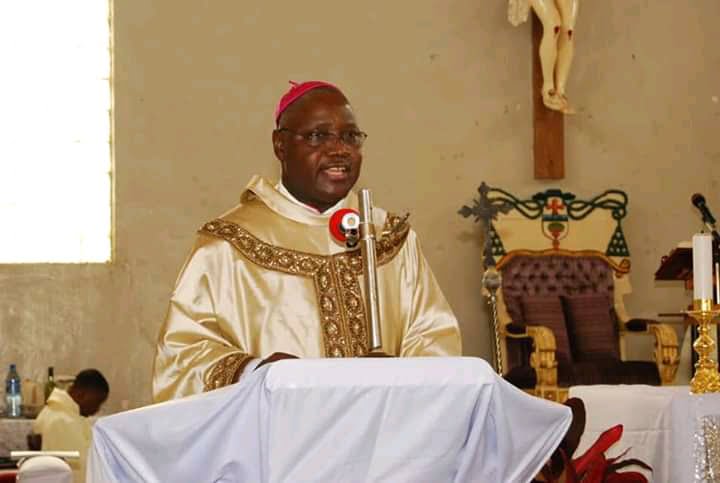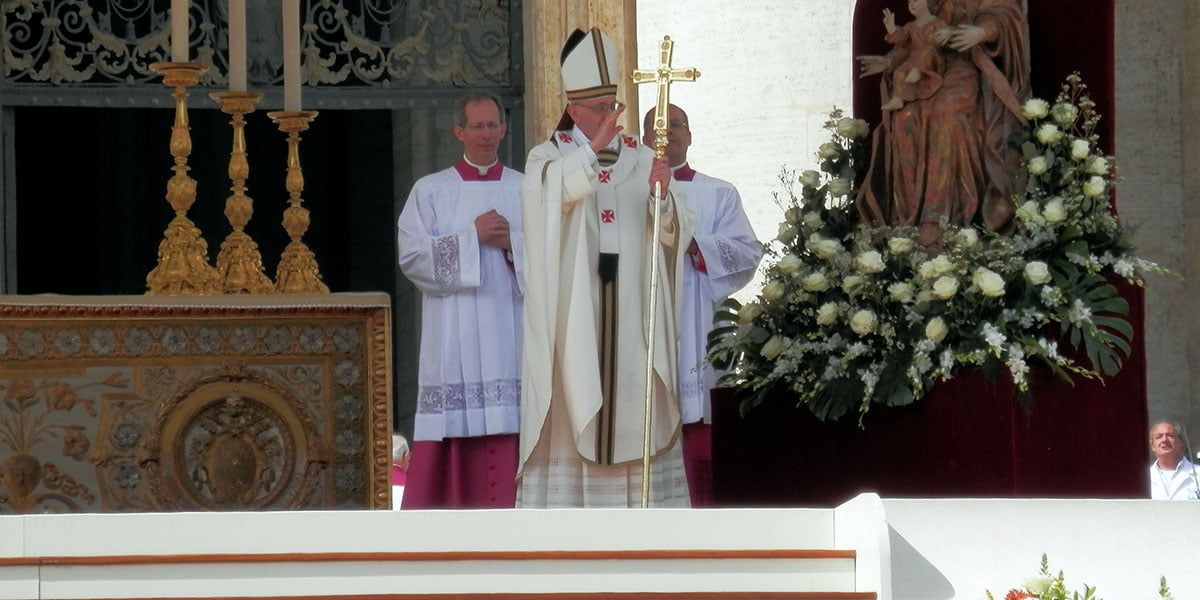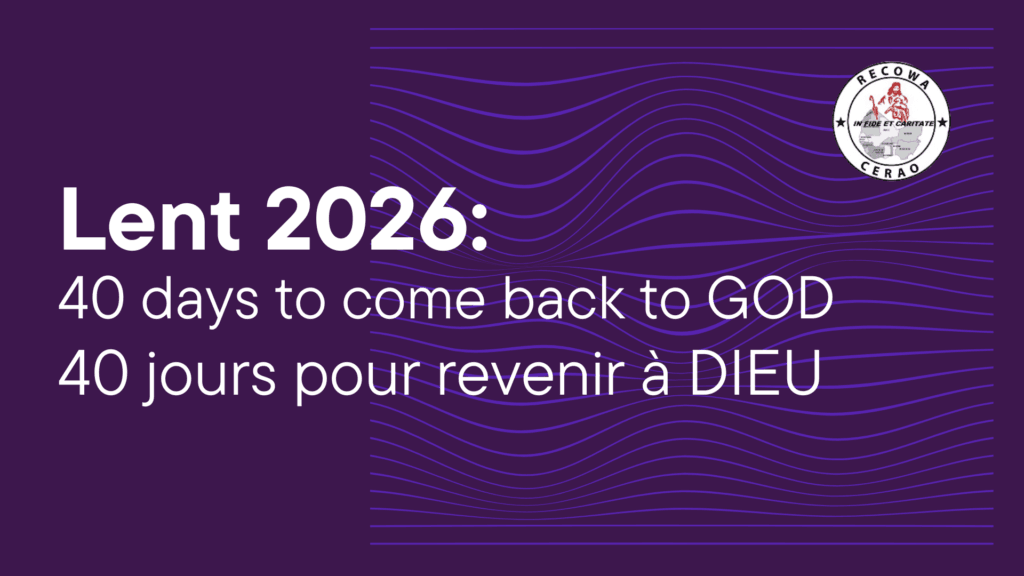The Correspondent of RECOWACERAO NEWS AGENCY, RECONA has reported a Catholic Bishop in Burkina Faso stressing that the sacraments especially baptism and confirmation are still going on despite unprecedented insecurity in the country. He stressed that the preparation of candidates for Baptism and confirmation is still going on in all Dioceses in Burkina Faso despite persistent insecurity, a Catholic Bishop in the West African nation has said.
Speaking during an online press conference which the Catholic Pontifical and charity foundation, Aid to the Church in Need (ACN) International organized Wednesday, February 28, the Local Ordinary of Ouahigouya Diocese in Burkina Faso said the insecurity situation has made the Church “organize herself better to help the people.”
“Despite the situation, we still have Baptism, we still have Confirmations even in my Diocese,” Bishop Justin Kientega said during the event that focused on “Terrorism in Burkina Faso: How the Church is dealing with persecution.” He said those who left their villages fleeing insecurity continued catechism in towns.
“The other sacraments are also still going on and in the organization of the Church we have Caritas that is trying hard to respond to the needs of the people,” Bishop Kientega said.
He said, “The Church is there in the heart of the world, in the pains and the joys of the people and we try to live our faith with resilience.” The Catholic Bishop said the presence of Priests in some Parishes serves as a source of comfort for many people. The Church, he said, is “adjusting the schedule of Masses (moving Midnight Mass to the afternoon, for example).”
“Radio stations in our country are helping the people to hear the word of God,” the Catholic Bishop said.
“In cities, the Church tries to welcome those who are displaced from their villages. It also works on ways to help people get. out of poverty, because poverty is a ground where this terrorism will grow,” he said. Bishop Kientega said that the presence of the Church amid the troubles is “a sign of hope for many people.” He said even leaders of indigenous religions express their appreciation of the actions of the Church.
The bishop recalled such a leader telling him, “We are happy that the Priest stayed because the priest is a strength for us. All of the help that the Parish Priest has he shares with everyone, without distinction: Christians, Muslims, people from the traditional religions.” At least 15 Christians were killed and two wounded in an attack on Catholics in Essakane, in the country’s Catholic Diocese of Dori. The attack, which took place on February 25, was carried out by terrorists who targeted the Catholic community during Sunday gathering for Holy Mass.
The February 25 attack is the latest in a series of the Sahel atrocities blamed on Islamist terrorist groups linked to al-Qaeda and Islamic State, reportedly active in the Sahel region, having taken over long strips of land and contributed to the displacement of millions of people in the region.
Authorities in the Sahel region have been battling against Islamist terrorist groups since Libya’s civil war in 2011, followed by an Islamist takeover of Northern Mali in 2012. The jihadist insurgency reportedly spilled over into Burkina Faso and Niger in 2015. While some attacks have targeted Christian churches, other attacks have involved the kidnapping of members of the Clergy, women and men Religious and Seminarians. In the February 28 pre-conference, Bishop Kientega said he doesn’t know who the attackers are or who is backing them up. “We don’t have problems with the Muslims. But the terrorists are radicalized,” he said.
Bishop Kientega posed, “We ask ourselves; who is supporting them? Who is giving them money? The big question is why? Why are they killing and kidnapping? Why are they taking the goods of the people? Why are they burning villages?” The Catholic Church leader said that most of the time the attackers are young people who are “instrumentalized” and lured into terrorism with the promise of riches. “Most of them don’t have work and are lured into this movement by people promising them jobs,” he said.
Bishop Kientega said that authorities in Burkina Faso are ‘doing their best to help people, organizing convoys to bring food into towns and villages that were affected and to “ensure the security of the people.” He said in some villages the Catholic rectory has become “the house of everybody. People go there seeking assistance. Some people even want to get crosses because it is a sign of hope.”
“We ask you to still pray for us and to accompany us as you can,” Bishop Kientega told journalists on February 28
- CATHOLIC ARCHBISHOP IN GHANA HAILS POPE LEO XIV AS GOD’S GIFT - 23 mai 2025
- POPE LEO XIV TO APPROVE CANONIZATIONS - 22 mai 2025
- THE EVOLUTION OF PAPAL TRANSPORTATION - 20 mai 2025







